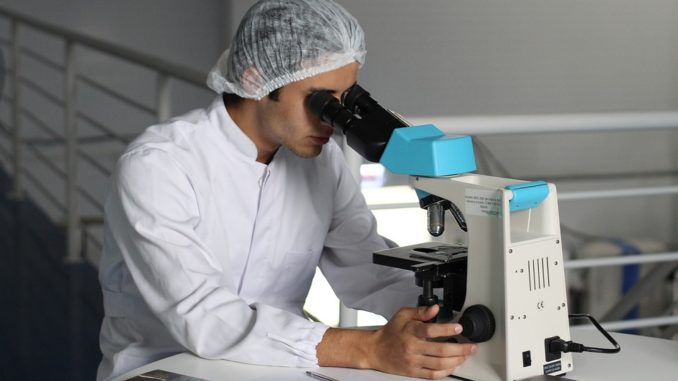
Second Genome, Inc., a leader in the development of novel medicines derived from the human microbiome, today announced the initiation of four collaborations with key academic institutions to evaluate the effect of gut microbiota on individual response to cancer immunotherapies. The separate collaborations are with Stanford Cancer Institute, Ruprecht-Karls-University Heidelberg, Roswell Park Comprehensive Cancer Center, and John Theurer Cancer Center, part of Hackensack Meridian Health.
The studies aim to comprehensively research the influence of the gut microbiome on cancer immunotherapies by evaluating participants undergoing various treatments in several cancer settings. Collectively, the studies will evaluate several hundred patients. Researchers involved hope to gain unique insights in distinct patient populations prior to and during treatment with drugs such as immune checkpoint inhibitors. This will complement and enhance Second Genome’s current drug discovery program, which is aimed at identifying molecules from immune-active microbes in immuno-oncology.
“Immune checkpoint inhibitors have become the gold standard in treating certain forms of cancer, and we are only beginning to understand how the microbiome may affect patients’ response to treatment and the development of limiting side effects,” said Karim Dabbagh, Ph.D., chief scientific officer at Second Genome. “Our platform has a track record of finding conclusive links that demonstrate a causal role between disease and the microbiome at a mechanistic level and identifying pathways and molecules that mediate the effects for drug targeting. We are confident that these collaborations will help gain insight into the link between the microbiome and the potential for response to checkpoint inhibitors.”
Glenn Nedwin, Ph.D., MoT, president and chief executive officer of Second Genome, added, “As we advance our pipeline into and through clinical studies in multiple fields, we continue to explore disease areas such as immuno-oncology and autism spectrum disorders in which our platform can bring new therapeutic modalities. These discoveries have the potential to fuel our pipeline and create meaningful impact for various patient communities.”
John Theurer Cancer Center and Second Genome are currently enrolling participants across two studies investigating the impact of the gut microbiome on response and progression of disease in participants with multiple myeloma, lymphoma and leukemia treated with combinations of checkpoint inhibitors after stem cell transplantation. The Second Genome collaborations with Stanford Cancer Institute, Ruprecht-Karls University and Roswell Park Cancer Comprehensive Cancer Center will be evaluating participants with melanoma, both early and late stage, who are candidates for checkpoint inhibitors, including PD-1/PD-L1 and CTLA-4 targeted treatments. Additional studies with Roswell Park Comprehensive Cancer Center and John Theurer Cancer Center will be evaluating the microbiome profile of triple negative cancer patients undergoing standard-of-care treatment to identify human microbiota that correlate to therapeutic response in breast cancer neoadjuvant settings.
In all studies, stool samples will be obtained longitudinally, including before, during and following treatment. Second Genome will use its microbiome discovery platform for analysis of samples and compare changes in microbiota composition and bacterial proteins, peptides and metabolites with patient outcomes to understand their impact on response to therapy and development of autoimmune side effects. Results will be published in collaboration with the academic institutions and Second Genome will use the findings to further advance its internal research program.
“Our understanding of the microbiome and its influence on not just cancer, but on many disorders and factors affecting health and well-being, has exploded,” says Kunle Odunsi, M.D., Ph.D., FRCOG, FACOG, deputy director and chair of Gynecologic Oncology and executive director of the Center for Immunotherapy at Roswell Park Comprehensive Cancer Center. “Now it’s critical that we pursue probing analyses that can help us apply these findings to better care for our patients, and we will have a whole team of esteemed institutions working to get to those next steps.”
SOURCE Second Genome, Inc.
